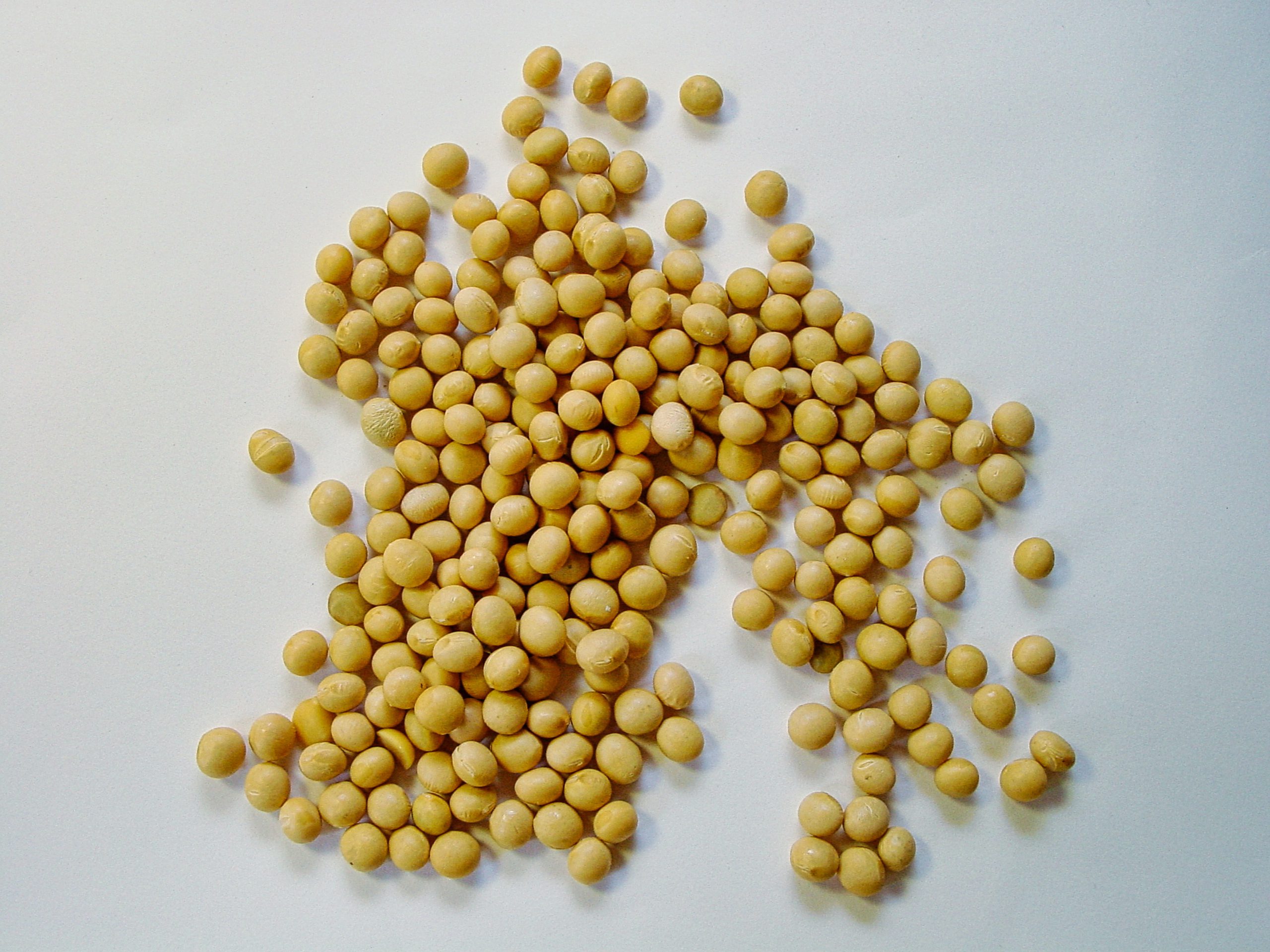Grain traders play a pivotal role in the global grain market, facilitating the flow of grain across borders and providing essential services that enable the grain sector to operate efficiently.
Grain traders are responsible for sourcing grain from producers, transporting it to processors and end-users, and providing a wide range of services to help buyers and sellers manage their risk. You can also visit https://usgrainstrading.com/ if you want to know more information about trading grains.

This article will provide an overview of the grain trading industry and explore the key features of grain trading and the benefits it provides for all stakeholders in the global grain market.
First, grain trading involves the buying and selling of grains such as wheat, corn, barley, rye, oats, and sorghum. Grain traders purchase these grains from farmers or producers, and then store, transport, and resell them to end-users.
In order to facilitate the efficient flow of grain, grain traders are responsible for providing a wide range of services such as pricing, contract negotiation, storage, and transportation.
Second, grain traders are responsible for managing the risk associated with grain trading. They must have a thorough understanding of the market and the current prices for different grains.
They must also be able to anticipate potential risks and develop strategies to manage them. Additionally, grain traders must have an in-depth knowledge of the regulatory framework in the country or countries in which they operate. This will help them comply with local laws and regulations and ensure that their operations are safe and profitable.